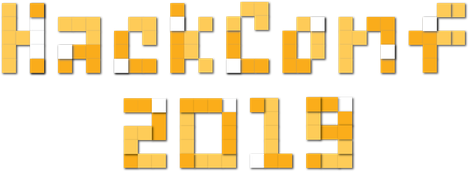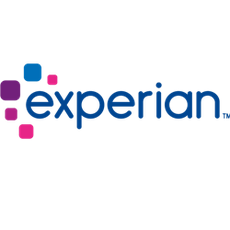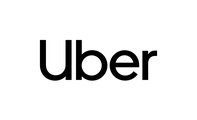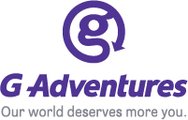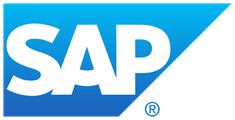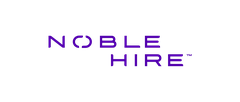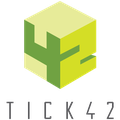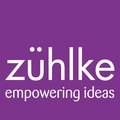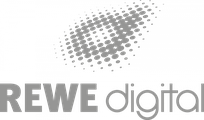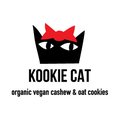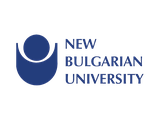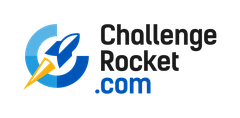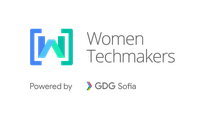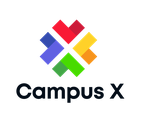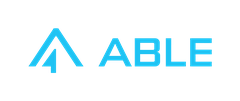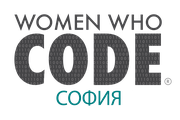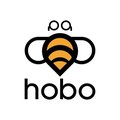Agenda


The 10 productivity commandments
I’ve tried dozens of productivity techniques - out of sheer necessity. I’m working on 4 major projects at a time, not to count a blog, a series of science events, and a course with 600 students! I’ll share the methods, routines, and tools that worked. No fluff, just actionable takeaways.


LEGO® SERIOUS PLAY® - different approach to your everyday challenges
LEGO® SERIOUS PLAY® method is useful for fostering innovations, making strategic decisions, building teams and creating products. It is a unique method as it facilitates engagement as well as hearing, taking the opinion of each and every member of the group into account.
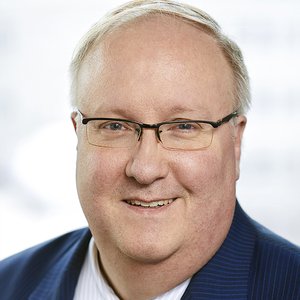

Building a high-performance, distributed and scalable microservice orchestrationt
We will analyze the performance of a provided system, then separate pieces of code into microservices.
We will then introduce a flexible technology for microservice orchestration, configure it and hook the microservices in. Finally, we will again analyze the performance.
This workshop is for advanced developers and we will require some software to be downloaded and installed before the workshop, there will be no time to do this during the workshop.
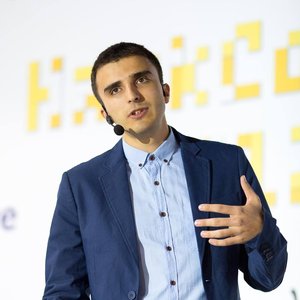

Behind the scenes of React Redux
We will implement Redux and make it work with React from the ground up. We will also implement some redux forms and tools after that. We will implement a shared state.
We will create the basic functionality of redux forms and try to understand some of the decisions behind the implementation. We will also implement a different tool for working with forms that will be very similar to the existing lib called "Formik".
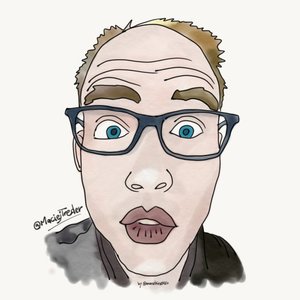

Angular Universal - be more SEO/CDN/User-friendly with server-side rendering
Are you ready for production? Are you sure? Is your application prefetchable? Is it readable for search engine robots? Will it fit into CDN? Do you want to make it even faster? Meet the Server-Side Rendering. Learn how to implement it in your application and about best practices.
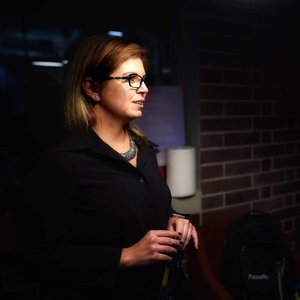



Git from Scratch
Thank you for your interest in Git! Git is awesome. Come and understand why. Git is widely used for distributed collaboration among programmers to track their changes and to share between them. Come and understand how.
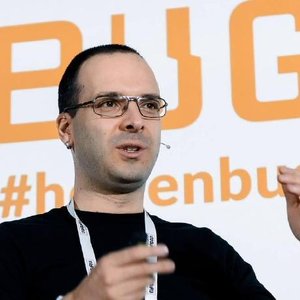
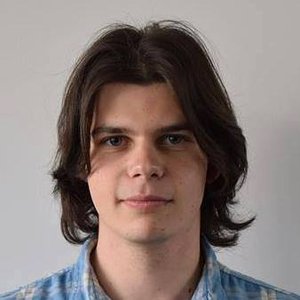


Learn Python & Selenium the fast way
This workshop will teach the basics of Python: functions, common data types, operations with them; control flow - if conditions, for and while loops; running the tests in Python! Then comes Selenium - locating element, waiting for them to appear, reading text and attributes from the HTML elements!
Finally, we combine everything into a small program!
- For each module, there are links and instructions for preparation. It is best to read all of these before the workshop;
- Instructor will explain the theory from the preparation section and focus on writing programs to solidify the knowledge;
- If you don’t complete the tasks on time for the given module you lose 1 life;
- When all of your 3 lives are lost it is GAME OVER!
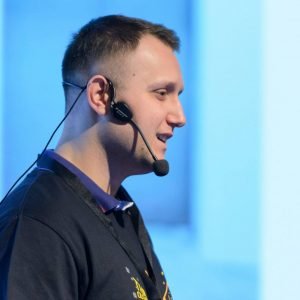

Crash course in JS Event loop
Event loop demystified with practical examples. If you ever tried understanding JS’ concurrency model and failed, now is the time to get things cleared out!


Python speedup using code optimizations
This workshop will focus on the steps needed to optimize existing code, so that performance can be increased. It will provide some internal details of how Python works, so that simple rewriting of the code can influence on the speed/memory parameters during runtime;
It will give a way to measure performance of programs so that different changes can be compared;
It will remind that using effective mathematical algorithms is important ingredient for the recipe for optimizing a program. These techniques can be applied to identify bottlenecks in the execution of the program.
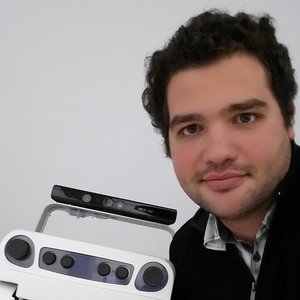

Playing ATARI Games with Deep Reinforcement Learning
Deep Reinforcement Learning (DRL) is one of the most recent and promising fields in AI.
In this workshop, we will implement a DRL agent that learns to play ATARI games. We will introduce key concepts from DRL as well as some Python packages such as Chainer and OpenAI Gym.
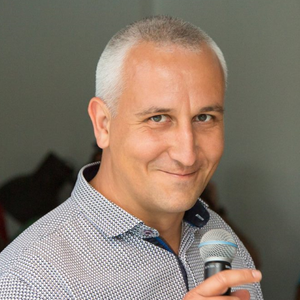

Sales Skills for IT People
Applying for a new job? Trying to convince management your project needs regular refactoring? About to found your own start-up?
In cases like these sales skills help a lot for achieving success. Learn and experiment with successful sales approaches - mapped to real IT professional’s life scenarios.
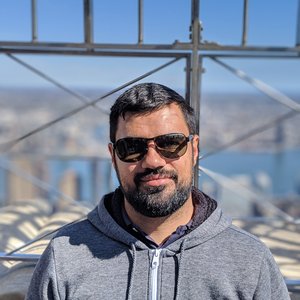
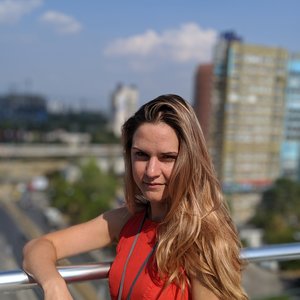


Micro service lifecycle - from code to production
In this workshop you will learn how to develop simple SaaS micro service Java application with Angular frontend, how to test it and deliver it to your clients using continuous integration and continuous delivery. Using Kubernetes, we will scale and manage our SaaS application.


Remote IT Work Career Workshop
Being an advocate for remote work and working to gather remote teams worldwide Venera started coaching people how to work Remote/Freelance/Contractor roles.
She is going to talk about freelance platforms, how to make an online presence that helps you be noticed and a portfolio that works, how to get a remote job and what you need to know about contracts, security while being remote and getting paid on time.
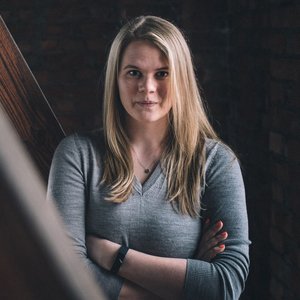

React Native Workshop
React Native is a framework for building native applications using React. You will see how React Native differs from React on the web, get an overview of fundamental building blocks of a React Native app, and use this new-found knowledge to build your very first app!
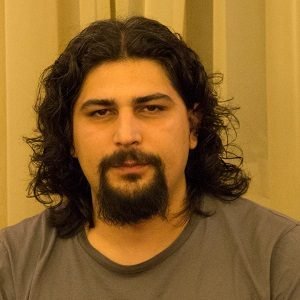

Unit Testing with Java
Unit tests are typically a developer's responsibility. The main metric associated with them is test coverage and it's measured in percentage. So getting to 100% should mean quality is ensured, right? Wrong! This workshop will explain the basic concepts behind writing effective unit tests, what test coverage really means and why we need it, and how to enhance our tests with mocks and stubs.


Mocking in Python
How to isolate one module from another during testing? And how to test functions that depend on date, time or 3rd party services? By mocking we can use “fake” objects to make your tests faster and simpler. We will take a look at the build-in mock module, Freezegun and Mocket.
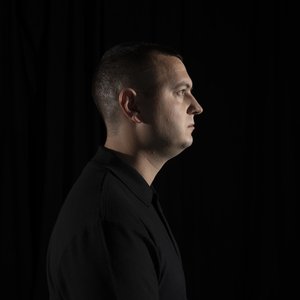

Declarative deployment and monitoring Kubernetes
Declarative deployment to Kubernetes with Weave Flux
1. A short introduction to Docker and Kubernetes
2. Explaining how Weave Flux works practically
1. Setting up a local development environment for all participants - access to the cluster + GitHub repository
2. Have each participant installing flux
3. Deploy example applications with flux
4. Deleting applications
Workshop Part 2:
Monitoring Kubernetes with Prometheus and Kubernetes Dashboard
1. Explaining Prometheus/Kubernetes Dashboard
2. Introducing helm charts
3. Install Prometheus + Kubernetes dashboard
4. Showing metrics and Grafana dashboards
5. Showing Kubernetes dashboards, how to see logs and so on


E2E testing of the Single Page Applications
Get an in-depth overview of the end to end (E2E) testing techniques of Single Page Applications.
In this workshop you will learn how to set up a test environment, remote environment for the Continuous Integration, report your test results in a nice and readable form and much more.
Learn more about things like Jasmine, Protractor, Selenium, TypeScript, Angular and more...
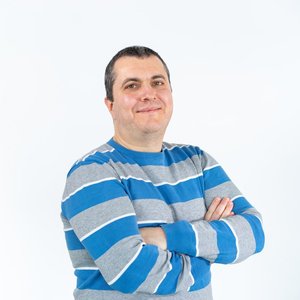
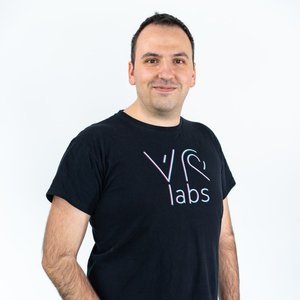
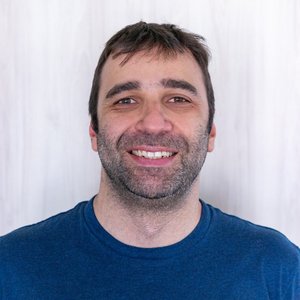
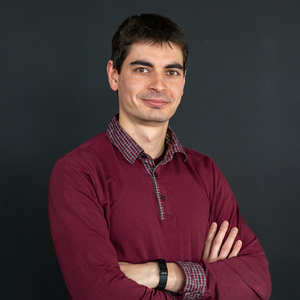




Building your first Virtual Reality App
Virtual reality is steadily transitioning from an enthusiast-only technology to a mainstream ecosystem. Besides gaming and entertainment, multiple business verticals already see huge value in applying VR in their workflow. Building apps for VR is incredible fun but requires new skills and knowledge.
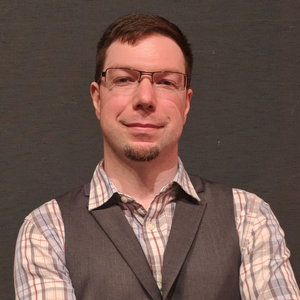

Public Speaking for Technologists
Interested in speaking at a conference but don’t know where to start? Your talk has been accepted but you’re nervous about being on stage? Don’t worry—I’ll get you sorted. In this workshop, we’ll work through things like idea generation, the CFP process, slide style, stage presence, and more!


Golang 101
WHAT IS IT ABOUT?
There are so many programming languages out there, and new ones are popping up almost every day. Which one to choose? Where to start? To stay ahead of the game by broadening your skillset, learning a new language is important for your professional growth. Some of the developers claim that Golang is a neat combination of the best features of the most popular languages.
You will have the chance to find this out yourself at this workshop. Join us at the Golang 101 workshop. We’ll get familiar with Go - a modern language that makes it easy to build simple, reliable, and efficient software. We’ll build a real-world application and learn the basics of programming in Go.
Golang is also known as Google Go, which is the programming language created by (as you may have already guessed) Google. Golang was initially developed at Google in the year 2007.
YOU’LL NEED TO HAVE: A laptop and a charger Go installed (follow https://golang.org/doc/install). If you’re having issues, it’s ok, you can come before the workshop and we’ll help you.
WHAT WILL I LEARN DURING THE WORKSHOP?
You will be introduced to Golang and will learn the basics of this programming language together with experienced professionals from the Uber Engineering Sofia team. Moreover, you will meet like-minded people from the tech field.
WHO IS IT FOR?
The workshop is for people who are passionate about coding and have some programming experience but are new to Golang.
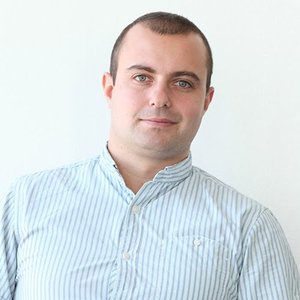

Build a Serverless Web Application with AWS
The workshop is most appropriate for Beginner level of cloud and AWS experience. We are going to do an overview of the AWS services in use.
You'll create a simple serverless web application that enables users to request unicorn rides. The application will present users with an HTML based user interface for indicating the location where they would like to be picked up and will interface on the backend with a RESTful web service to submit the request and dispatch a nearby unicorn. The application will also provide facilities for users to register with the service and log in before requesting rides.
Bring your ticket on a mobile device or print it
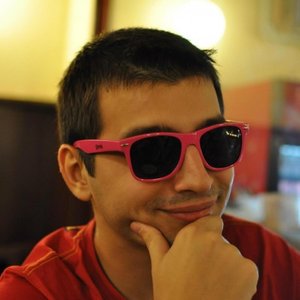

The Groundhog Development Method
I guess many of you are young enough to have never heard of the "Groundhog Day" movie (released way back in 1993), which serves as the inspiration for this talk's title. Without ruining the great movie for you I'll tell you it's about a man whose life is stuck in a loop, and unless he changes something his life is not going anywhere.
Does this story remind you of something else? A lot of software projects are also stuck in a loop - starting strong, quickly drowning in complexity, eventually discarded and replaced by projects which ultimately suffer a similar fate. You've seen this happen many times, right?
In this talk we'll discuss what exactly is wrong, how did we end up in this mess, and what should change to break that vicious cycle. And maybe we'll have a bit of fun while doing so!


Success Hacking 101: How to Survive the Commoditization of Your Job
Tech and tech talent are becoming commoditized. This is happening within organizations and within teams. Although tech hiring is still tight, globalization, automation, AI, Cloud, skill shift, and other tectonic movements are changing the tide. What used to be irreplaceable tech and tech talent can now be bought on the open market and substituted for what is already in place. For software engineers, this means our tech skills are increasingly replaceable, which means we are increasingly replaceable. It may be hard to believe when software engineers are in high demand and our wages are skyrocketing, but the writing is on the wall: Software engineers need much more than just tech skills to survive and add real value to today’s teams and organizations. Come find out what skills you should be learning and practising to stand out in the software engineering crowd, be irreplaceable and invaluable to organizations and teams, and succeed in life.


If you can drive you can architect a system -what you shouldn't forget when architecting a system
Architecture and solution design can be challenging. In this talk, I will demonstrate how architecting a solution can be as natural as driving a car, implementing similar concerns and logic to your design can make you a better engineer and your services more efficient.Driver license is not required.
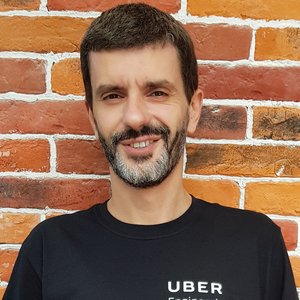

The Useless Leader is the Best Leader!
Command & Control is still the predominant leadership style in the software industry, except maybe in the most successful super-growth organisations. The talk explores why is there a trend and what we can learn from the successes of existing and past Unicorns when it comes to building and leading a high quality engineering team. I claim leaders should “serve” instead of “command” - act as enabler to all the smart people in their teams and exploit the power of the “subject matter experts” by empowering them with making decisions and owning the delivery. My engineers and managers do not work for me. I work for them - they are the “boss”. That works great for me, for my engineering team and for the organisation. The talk aims at sharing how and why that works, what are the problems that it imposes and how to mitigate or solve them.


SOLID principles - {part 1 of 5} - "S" the most misunderstood principle
In object-oriented computer programming, SOLID is a mnemonic acronym for five design principles intended to make software designs more understandable, flexible and maintainable. “Single purpose” sounds self explanatory and developers usually assume they understand it and move on towards the other principles. In this talk I am going to take them back few steps and explain what stands behind this principle and how to apply it to multiple levels of the application architecture.


DevCorp: choose your own adventure
This interactive talk will give you some valuable technical and soft skills to take with you on your real-life professional journey. Based on a mix of personal experience, agile methodology, and software design principles, this story has several possible endings. Audience vote decides.


Does functional programming actually help in production?
The presence and adoption of functional programming concepts in mainstream languages has continuously become more prevalent within the last few years. This leads one to believe, that the things this paradigm has to provide are apparently, in some way, beneficial. Now two questions arise. To what extent is it beneficial and how do these things actually make a difference in my production application? In this talk I’d like to travel across the planes of functional programming and show you how this paradigm helped us, what concepts made a difference and how it may generally, probably, be able to help others.
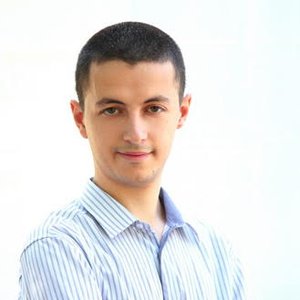

Image Fingerprinting with Keypoints
Here is the problem - we have 5,000,000 .jpg files, many of which are the same. We have to: - Find all duplicated images - Find them even if they were edited in Photoshop - Find them even if the images are different (from different cameras) but the objects on the photos are the same. What is Image Fingerprinting and how to do Image Fingerprinting with Keypoint Matching? Come at #hackconf this October 11-13 and learn from Vassil Lunchev.
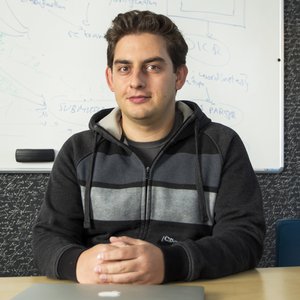

WTF, Languages!?
Do you know what “(new Date()).getYear()” will return in Javascript? What does the expression “True is False == False” evaluate to in Python? Is 10 * (1 / 10.0) == 1 in C++? Come and see - the results might shock you! These 3 weird tricks helped Alexander become a better programmer. Enlarge your knowledge!


The click that will bring your weekend back
Working with both startups and enterprises, over the years I noticed that many of the companies have challenges setting up strong release practices. That results with risky, error-prone releases followed up with a lot of bugs which cost them a lot of resources.
With this talk, I am aiming to inspire people to step back from the day to day operations and think about how setting up a fully automated process is going to benefit the companies they are working with and at the same time get their weekends back. I will talk about optimizing the release process on different levels in the organization, as well as leveling up the quality of the technology. I will also introduce some tools and techniques to the audience that helped us create a steady pipeline.
The talk is perfect for tech leads, CTOs, or software engineers who are looking forward to bringing improvement in their organizations.
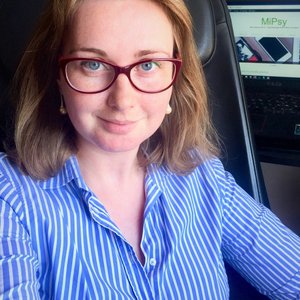

Debugging people
How therapists debug people? How can I fix and patch myself? How do I design the version of Me2.0? These are valid questions and I will address them in my talk. I am psychotherapist who works mostly with clients from the IT sector and I have a few things to share about mental health in the field.
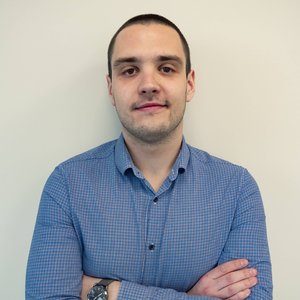

ES9, ES10, and Beyond. ECMAScript Release Roadmap.
What you’re about to learn is how ECMAScript standards are built, who is responsible for that, what are the exact features and what is the way to propose an extension? We will also go through the new features which ECMAScript 2018(ES9) and ECMAScript 2019(ES10) are shipping and what further improvements can be expected in ECMAScript 2020(ES11). We won’t stop at the technical overview but give life to the talk with some practical examples of how the standards differ in real life!


Scaling your data layer
So you built your product, and scaled it to a point where you’re starting to collect a lot of data and outgrowing your relational database. How do you scale your data storage systems to handle the volume and load? During my talk on “Scaling out - from First Principles” at HackConf 2018, this was one of the main follow-up questions, so this talk will cover in more detail a set of different approaches to scaling, depending on the requirements, and from first principles again.
Bring your ticket on a mobile device or print it
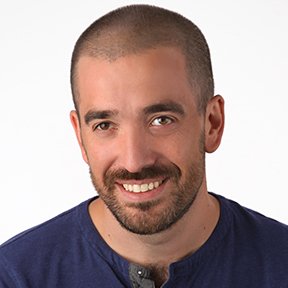



Performance Profiling Techniques to Make Your Code Awesome
In our lecture, we will cover the following material:
- Availability Heuristic and Risk Perception
- Performance optimizations
- What kind of performance optimizations exists? How/When to apply them?
- Program Profiling techniques and tools, such as RunSnake and SnakeViz.
- Actual Code example – show the program bottlenecks, create a profiling file and explain how to increase the performance.
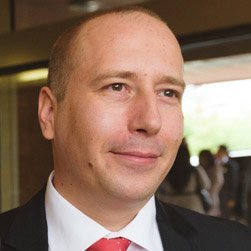



Ask Me Anything - Panel Session
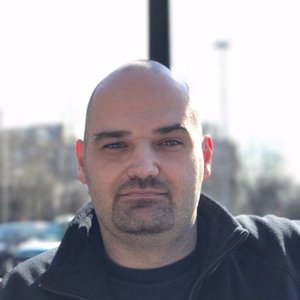

Be nice, help the person who hacks your servers to get your data
Where are your credentials and secrets stored? In .env files or in environment variables, or even worse in config files? Are your primary AWS keys shared amongst developers? Do you still have SSH keys from former employees on your servers?
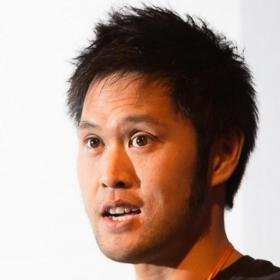

Cache me outside - Caching Methodologies and Architectures
Caching can be your best friend or your worst best-friend. A poor cache implementation can mean the difference between experiencing blazing fast performance or unexplained random slowness, or both!
It can even result in random stale (out of date) content which you can’t explain. In this presentation, we will demo and compare different caching methodologies, and their perceived real-world uses. We will discuss Donut cache, Memory cache, Redis, Varnish, CDNs, and many more. We will dive into demos of real-world
implementations which can cause unpredictable problems. Some of these are horrible, and some are face-palm. At the end of this presentation, you will be aware of the different trade-offs with each caching methodology, and which might best for your situation.


The Elements of Style in Programming
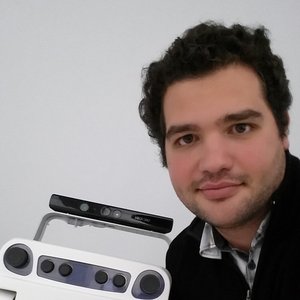

What Can't Deep Learning Do?
Deep learning has enabled unprecedented achievements in computer vision, natural language processing and reinforcement learning. In this talk, however, we will focus on its limitations and outline a few state of the art problems which we need to solve before we truly advance the capabilities of AI.


A Thousand Words: How I'm still not using GUIs in 2019
Is an image really worth a thousand words? In software engineering, it isn’t. In this talk, I’ll explore the UNIX philosophy and modern development workflows to show you how practical, timeless and elegant plain-text tools are, and teach you how to use them efficiently to leverage productivity.


Notes from My Travels: Building Effective Teams When You're in Different Places
Flexible working and distributed teams are key to how we work in technology, and many companies are embracing the benefits. However, it’s not an easy task to help teams collaborate effectively across time zones.
I’ll share my personal experiences and case studies about leading distributed teams.


Productivity for developers
A lot of people talk about productivity. But this is one of those terms where everyone uses, but nobody clearly understands.
- I’m going to share my process to be active and deliver quality work.
- Define what is “productivity,” “effectiveness” and “process”.
- How to split and define tasks.
- What to do when you stuck at a problem.
- How to improve your tooling.
- How to deal with non-coding activities like meetings, emails.
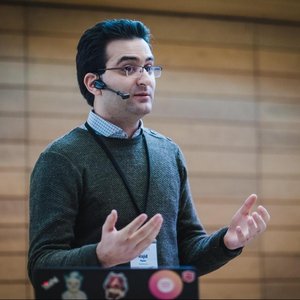

Hardware connectivity on the progressive web
The browsers can actually take control of physical devices in the real world like lightbulbs, robots, printers, NFC tags, toys, and even drones by providing new web standard hardware connectivity APIs such as WebBluetooth, WebUSB, WebNFC and etc.
On the other hand, Progressive web apps open a new era to build a web application that works offline and resemble a native application. Hence, every day we are getting closer to run web apps only on browsers that don’t need to be installed from any app store and it will take control of hardware around us.
In this session, I am going through some of the web capabilities to connect devices into a progressive web app and show how the web could go beyond the browsers and take control of our devices around us.


Introduction to Machine Learning
Machine Learning / Deep Learning is where all the hype is. From automation to self-driving cars, there are a lot of applications. To be effective in it, you need to combine various skills – engineering, statistics and programming.
This talk will aim to do three things: (1) sketch the lay of the land in the world of ML, (2) give an overview of the most popular tools and (3) sketch the next steps if you're considering specializing in it.
By the end of it, you should walk away with a basic understanding of what machine learning is and how to start learning and applying it.
